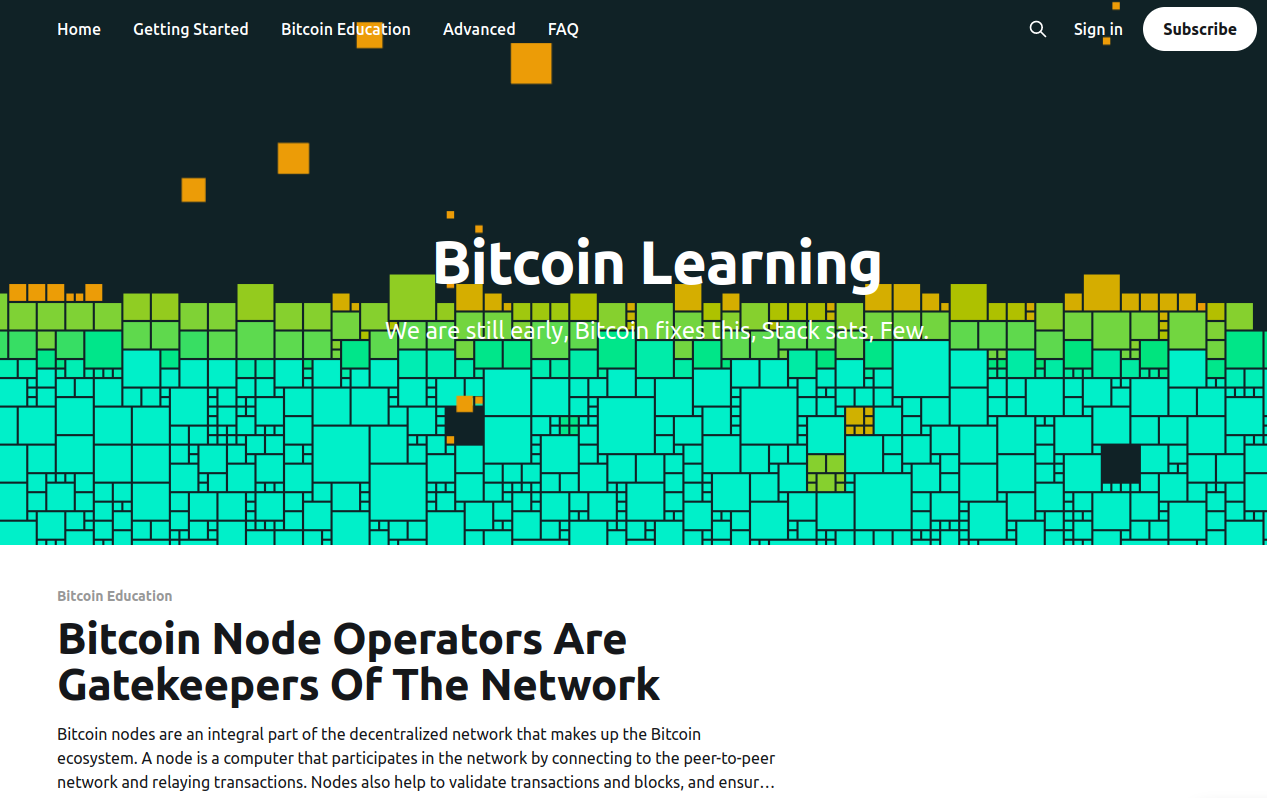Bitcoin End-of-Course Exam
Instructions
This exam consists of 10 multiple-choice questions. For each question, select the best answer from the choices given. Write your answers in a notepad and see if you've passed (Answer key at the end).
Question 1
What is Bitcoin?
- (A) A digital currency
- (B) A peer-to-peer payment system
- (C) A decentralized ledger
- (D) All of the above
Question 2
Who created Bitcoin?
- (A) Satoshi Nakamoto
- (B) Hal Finney
- (C) Nick Szabo
- (D) Craig Wright
Question 3
How does Bitcoin work?
- (A) Bitcoin is a peer-to-peer payment system that uses cryptography to secure transactions.
- (B) Bitcoin is a decentralized ledger that records all Bitcoin transactions.
- (C) Bitcoin is a digital currency that is not subject to government or financial institution control.
- (D) All of the above
Question 4
What are the benefits of using Bitcoin?
- (A) Bitcoin is a secure payment system.
- (B) Bitcoin is a fast payment system.
- (C) Bitcoin is a global payment system.
- (D) All of the above
Question 5
What are the risks of using Bitcoin?
- (A) Bitcoin is a volatile asset.
- (B) Bitcoin is a relatively new asset.
- (C) Bitcoin is not widely accepted as a payment method.
- (D) All of the above
Question 6
What is the Bitcoin protocol?
- (A) The Bitcoin protocol is a set of rules that govern the Bitcoin network.
- (B) The Bitcoin protocol is a set of algorithms that are used to mine Bitcoin.
- (C) The Bitcoin protocol is a set of rules that govern Bitcoin transactions.
- (D) All of the above
Question 7
What is Bitcoin mining?
- (A) Bitcoin mining is the process of adding new blocks to the Bitcoin blockchain.
- (B) Bitcoin mining is the process of verifying Bitcoin transactions.
- (C) Bitcoin mining is the process of creating new Bitcoin.
- (D) All of the above
Question 8
What are Bitcoin transactions?
- (A) Bitcoin transactions are records of Bitcoin payments.
- (B) Bitcoin transactions are stored on the Bitcoin blockchain.
- (C) Bitcoin transactions are verified by Bitcoin miners.
- (D) All of the above
Question 9
What are Bitcoin addresses?
- (A) Bitcoin addresses are unique identifiers for Bitcoin wallets.
- (B) Bitcoin addresses are used to send and receive Bitcoin.
- (C) Bitcoin addresses are stored on the Bitcoin blockchain.
- (D) All of the above
Question 10
What are Bitcoin wallets?
- (A) Bitcoin wallets are software applications that store Bitcoin.
- (B) Bitcoin wallets are used to send and receive Bitcoin.
- (C) Bitcoin wallets are stored on the Bitcoin blockchain.
- (D) All of the above
Answer Key (Click to open)
Answer Key
- (D)
- (A)
- (D)
- (D)
- (D)
- (A)
- (A)
- (D)
- (A)
- (A)
Grading
Each question is worth 1 point. To pass the exam, you must score at least 70%.
Congratulations!
If you have passed the exam, you have demonstrated a good understanding of Bitcoin.
Feel free to leave a review sharing what you have learned, liked, and disliked about this course. Thank you for learning with us, now go and explore!






